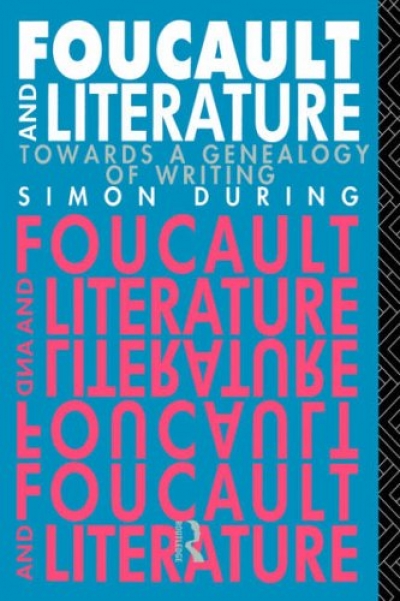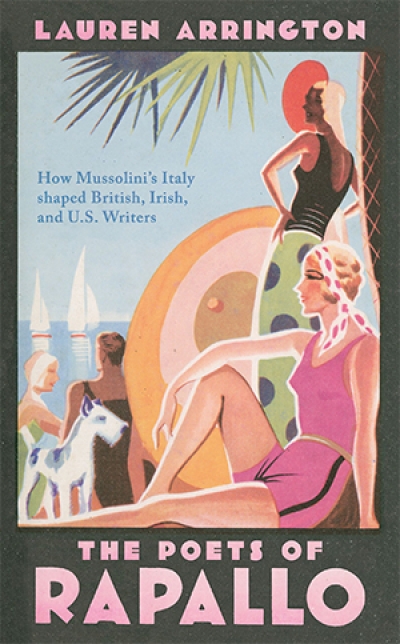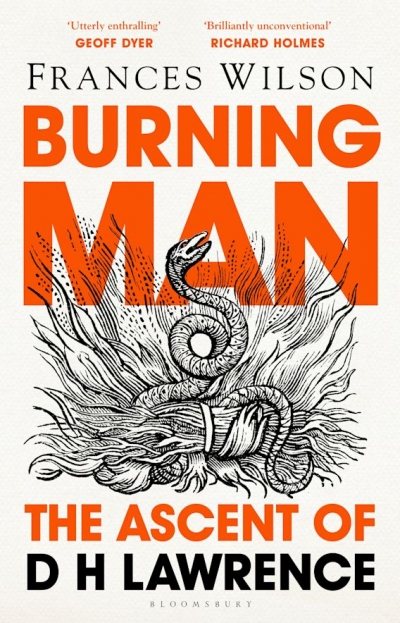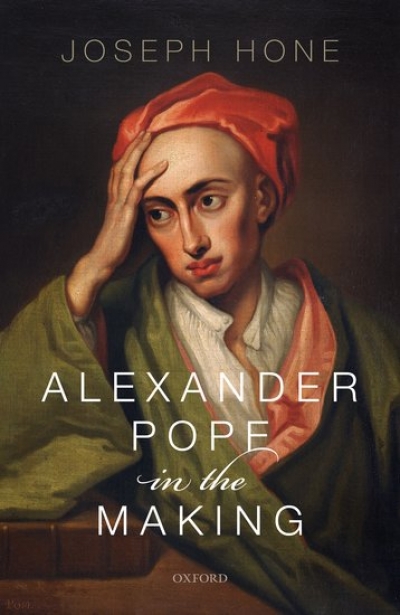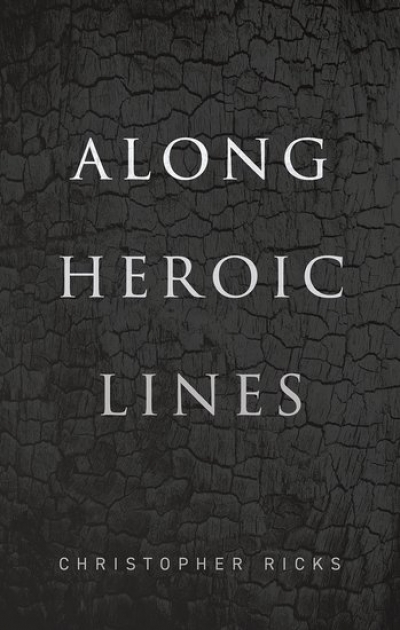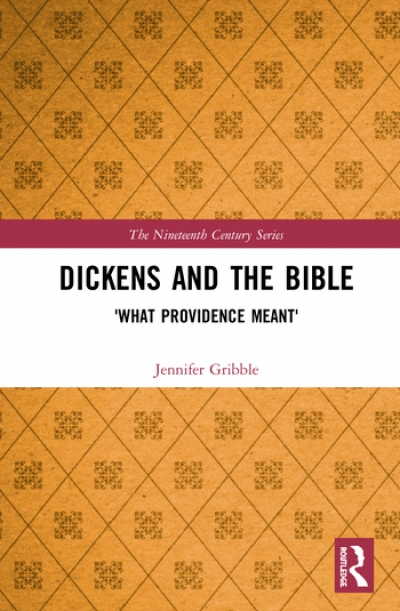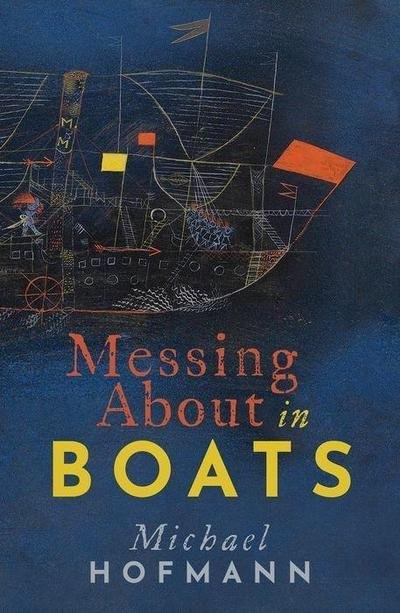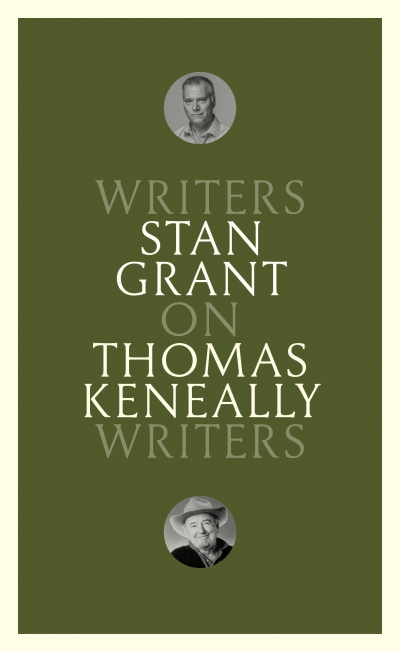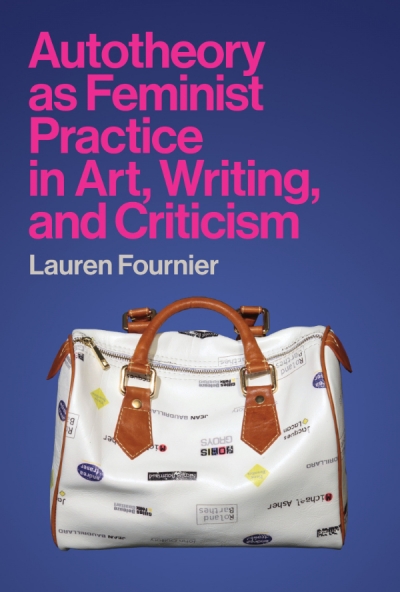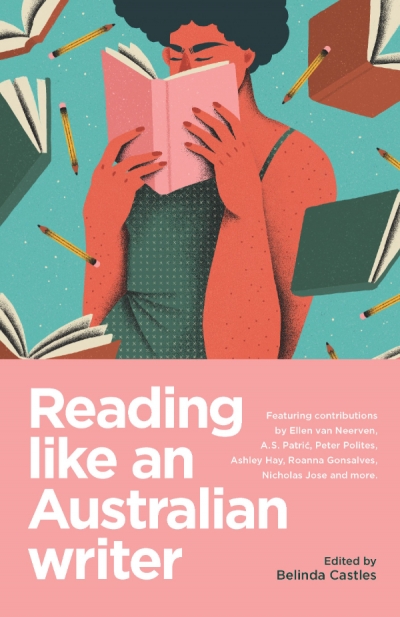Literary Studies
Foucault and Literature: Towards a genealogy of writing by Simon During
‘At a crucial moment in my career, I was fortunate to have had the opportunity to take heart from the humbling serenity and unaffected craftsmanship of Michel Foucault, in what I was not to know were his last years.’ Nothing could be further from the spirit of Foucault and Literature than this tribute by eminent historian Peter Brown. During’s measure of Foucault’s contribution to literary studies is the extent to which in his writings, as in his person, ‘academic skills’ are reconciled with a ‘transgressive’ political radicalism in such a way as ‘to break down the limits of academic professionalism’. No doubt the passionate, politically engaged reflection and teaching envisaged in During’s (post-) Foucauldian programme for literary studies would leave intact the sabbatical leave arrangements upon which Brown’s and Foucault’s collaboration would have depended.
... (read more)The Poets of Rapallo: How Mussolini’s Italy shaped British, Irish, and US writers by Lauren Arrington
How best to tell the history of literature? – a long, chronological survey tracing broad arcs of development, or as a tight focus on a single, transformative year? The dedicated study of a single writer’s life, or the story of a movement, of several writers brought together for a time by some common cause? In recent years, the history of modernist literature has enjoyed these and other treatments. In Poets and the Peacock Dinner: The literary history of a meal (2014), Lucy McDiarmid takes as her subject a single evening: a dinner, held in West Sussex on 18 January 1914, in honour of the poet Wilfrid Scawen Blunt and attended by six other poets, including W.B. Yeats and Ezra Pound. That famous evening serves to focus a wide-ranging discussion of literary friendship and romance, collaboration and rivalry.
... (read more)Burning Man: The ascent of D.H. Lawrence by Frances Wilson
Why ‘burning man’? Because in this immense, obsessive, studiously unkempt work, the biographer brings accelerant to the raging bonfire that is D.H. Lawrence’s reputation and pours it with pyromaniacal glee. Frances Wilson’s new life of the writer stands athwart the accumulated crimes of which Lawrence stands accused – his obstreperousness, his intense and absurd hatreds, his dubious politics, the physical and metaphysical violence he committed against women – and demands a halt to the trial.
... (read more)If you are looking for the perfect command of voice, Alexander Pope is your poet. It is not just desiccated eighteenth-century rationalists who say this, my Keats-scholar friend Will Christie thinks so too. This is despite the fact that there is zero negative capability in Pope, ‘when man is capable of being in uncertainties, mysteries, doubts, without any irritable reaching after fact and reason’. His ironies are precise riddles to be sprung, his judgements instant aphorisms. Pope writes exactly what he means, and it lands exactly on target.
... (read more)The first essay in Christopher Ricks’s Along Heroic Lines is the text of his inaugural lecture as Professor of Poetry at Oxford, an honorary post he held from 2004 to 2009. He takes as his subject the formal distinction between poetry and prose. If one is going to be a professor of poetry, the least one can do is arrive at a satisfactory definition of one’s object of study. To this end, Ricks summons to the witness stand an august procession of English poets and critics – Samuel Johnson, Samuel Taylor Coleridge, Matthew Arnold, Alfred Tennyson, W.H. Auden, A.C. Bradley – and considers their authoritative pronouncements on the matter, only to arrive at the inconvenient conclusion that a strict line of demarcation is difficult to sustain.
... (read more)Dickens and the Bible: ‘What providence meant’ by Jennifer Gribble
It is well known that Charles Dickens draws an analogy between the novelist as creator and the Creator of the cosmos: ‘I think the business of art is to lay all [the] ground carefully, but with the care that conceals itself – to show, by a backward light, what everything has been working to – but only to suggest, until the fulfilment comes. These are the ways of Providence, of which ways, all art is but a little imitation.’ However, it is not generally recognised that Dickens supported this analogy with a deep knowledge of the Bible. Instead, the thinking that permeates his works is often seen as a facet of secular humanism. John Ruskin, for example, commented that for Dickens Christmas meant no more than ‘mistletoe and pudding – neither resurrection from the dead, nor rising of new stars, nor teaching of wise men, nor shepherds’.
... (read more)Michael Hofmann’s Messing About in Boats is based on his 2019 Clarendon Lectures at Oxford. This series, rather like the Clark Lectures at Cambridge or the Charles Eliot Norton Lectures at Harvard, offers a distinguished literary practitioner the opportunity to address a particular theme in a short sequence of interlinked lectures. Given that the form of oral delivery tends to preclude extensive or detailed critical analysis, the most effective of these sequences usually promote a few challenging ideas in a compact form that lends itself readily to crystallisation. For example, Toni Morrison’s book The Origin of Others (2017), which links racism to constructions of ‘Otherness’, was based on her Norton Lectures at Harvard the previous year.
... (read more)On Thomas Keneally by Stan Grant & With the Falling of the Dusk by Stan Grant
Let’s start with a portrait. The year is 1993. The book is My Kind of People. Its author is Wayne Coolwell, a journalist. Who are Coolwell’s kind of people? Ernie Dingo, for one. Sandra Eades. Noel Pearson. Archie Roach. And there, sandwiched between opera singer Maroochy Barambah and dancer Linda Bonson is Stan Grant, aged thirty. Circa 1993, Grant is a breakthrough television presenter and journalist whose mother remembers him coming home to read the newspaper while the other kids went to play footy. ‘[T]here was a maturity and a sense of order about him,’ Coolwell writes. The order belies his parents’ life of ‘tin humpies, dirt floors, and usually only the one bed for all the kids in the family’.
... (read more)Autotheory as Feminist Practice in Art, Writing, and Criticism by Lauren Fournier
The term ‘autotheory’, despite having been around since the 1990s, gained prominence after the release of Maggie Nelson’s The Argonauts in 2015. Predictably, the emergent term elicited a flurry of academic interest, amid which Lauren Fournier – curator, video artist, filmmaker, and academic – established herself as a leading voice. Autotheory as Feminist Practice in Art, Writing, and Criticism, Fournier’s first monograph, builds on her previous work, offering a condensed history of the genre and a number of case studies drawn from literature and the arts.
... (read more)‘When I first began reading Nam Le’s Love and honour and pity and pride and compassion and sacrifice, I was sceptical: a story about a writer writing a story? A writer at the Iowa Writer’s Workshop, no less? Isn’t this a little self-indulgent? Hasn’t this been done before?’
... (read more)

